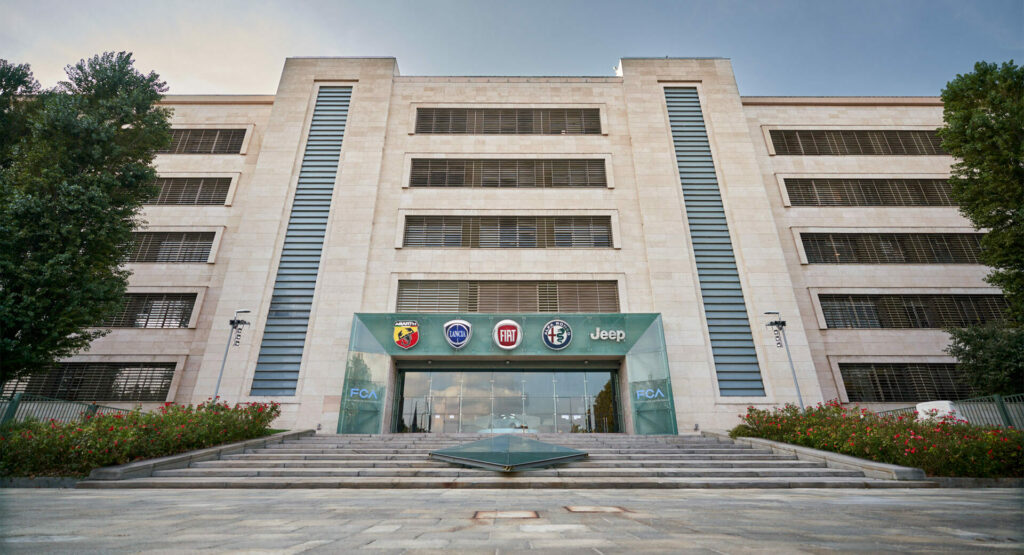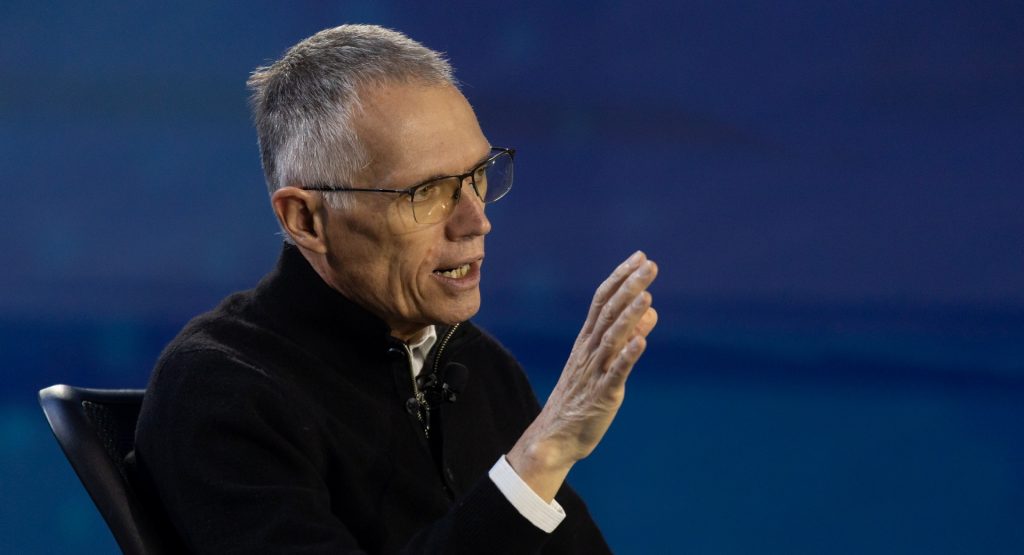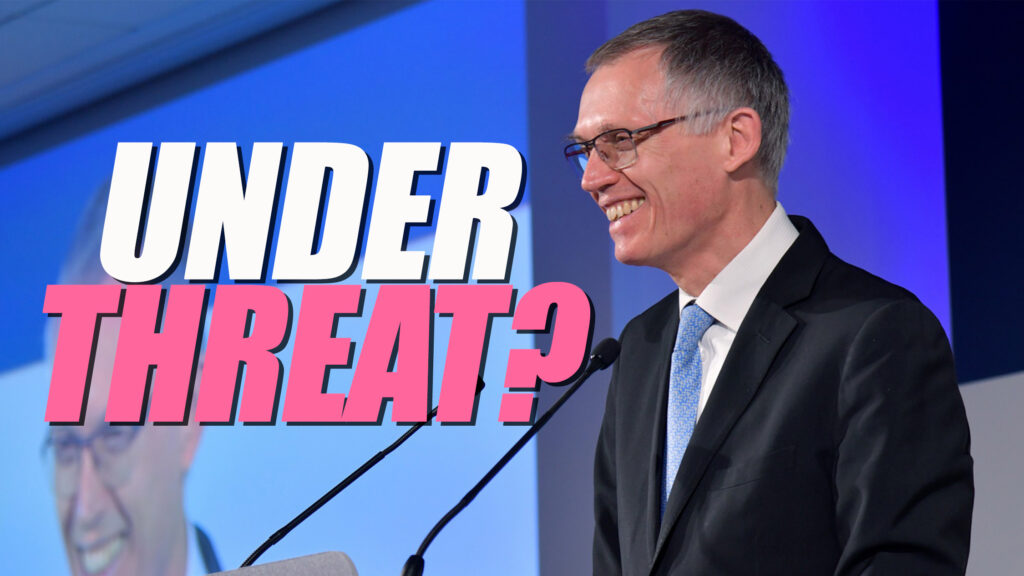- Stellantis chairman John Elkann has grown frustrated at the company’s performance in North America.
- Despite mounting criticism, CEO Carlos Tavares may remain in his role, with his contract running until 2026.
- The automotive giant’s profits plunged 48% in six months, adding pressure on Tavares’s leadership.
Carlos Tavares has a contract to remain as Stellantis chief executive until early 2026 but that hasn’t stopped company chairman John Elkann from already starting a search for Tavares’ successor.
The Portuguese businessman became chief executive of Groupe PSA in 2014 and was responsible for spinning DS into its own brand, successfully took over Opel, and was instrumental in the massive merger between PSA and Fiat Chrysler Automobiles, creating Stellantis. However, Tavares has come under increased scrutiny in recent months due to the conglomerate’s poor performance in major markets like the US.
Read: Stellantis Dealers Blast CEO For ‘Devastating’ Brand Collapse, Company Fires Back
Elkann is believed to be increasingly frustrated with how Stellantis is doing in North America. Unnamed sources tell Bloomberg that Tavares’s position as CEO is under no immediate threat and that he will be included in the search process for a new leader. A spokesperson from Stellantis added it’s possible Tavares will stay on longer and sign a contract extension.
Stellantis chief financial officer Natalie Knight says fixing issues in the US is a “top priority” for the company, noting it’s working on solutions that’ll satisfy all stakeholders, including its dealers. Leaders of the firm’s local dealer network have criticized Tavares for leading a “rapid degradation” of the brand and not doing enough to help clear burgeoning inventories.
Tavares has been responsible for many local job cuts and has cut capacity at some US plants. He even threatened to axe underperforming brands after it was revealed company profits had dropped 48% in the first six months of 2024. Stellantis soon walked back the threat, saying it was committed to its entire portfolio of “14 powerful, iconic brands,” and that particularly iconic companies, including Maserati, Dodge, and Chrysler, were not for sale.

Stellantis says that ongoing investment reviews are important in the automotive sector.
“The economic prospects of the automotive sector require that investments be reviewed with the objective of focusing on those that represent a maximum contribution to customer satisfaction, to the performance of the company without any compromise on compliance with regulations, in particular CO2,” a spokesperson said.




